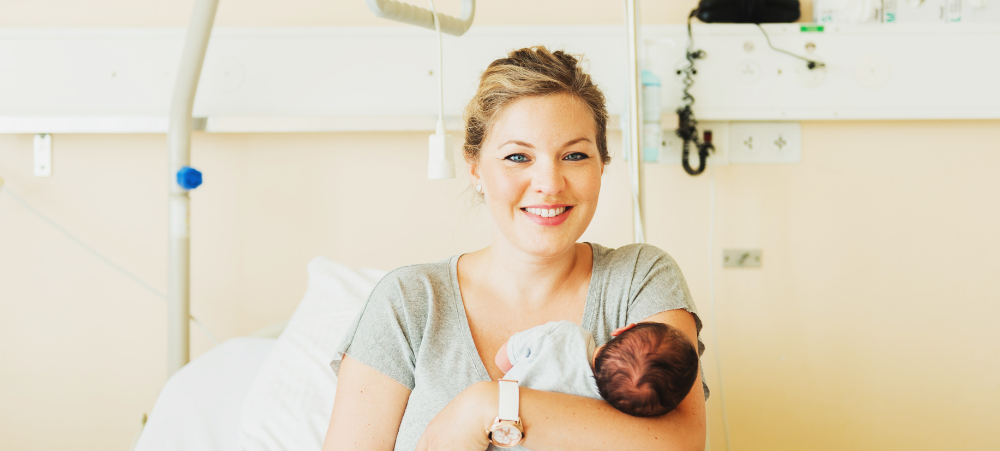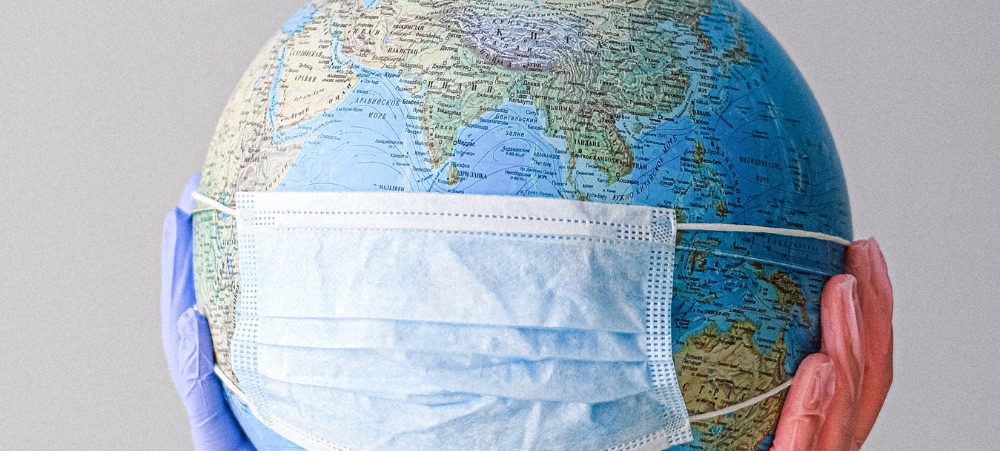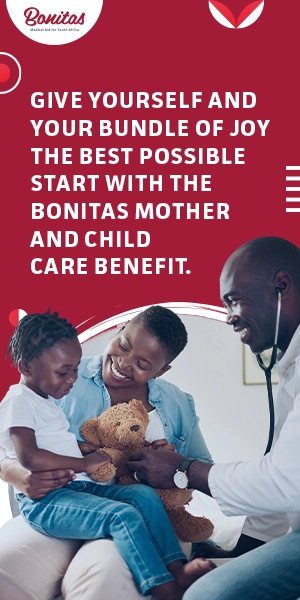
Medical aid contribution increases: The deferred increase debate
Traditionally, medical aid schemes implement fee increases from 1 January every year. However, the last two years have seen new trends emerge because of the Covid-19 pandemic. These include deferral of increases, dipping into reserves to reduce increases and announcing delayed increases above CPI. What does this mean for consumers? Globally people are feeling the financial pinch and South Africa is no different. High inflation has increased the cost of food, fuel and utilities. Salary increases, if any, are below CPI and many South Africans have lost their jobs. More so than ever, everyone is looking for value for money and better benefits, especially when it comes to healthcare. The balancing act Lee Callakoppen, Principal Officer of Bonitas Medical Fund says, ‘the delicate balancing act between maintaining the sustainability of the Scheme, while ensuring our members have access to affordable, quality healthcare is a core focus. Last year, we were the only Scheme to announce a 0% increase on one of our plans – the BonFit option. This was followed by the industry’s first ever reduction in a premium of 7,9% on our BonStart Plan in 2022.’ What using reserves meant for members ‘We opted to utilise around 3.2% – or R600 million – of the Scheme’s reserves to help limit contribution increases to below CPI for around 82% of our members for 2022. Contribution increases would have been closer to pre-pandemic levels of CPI + 4% if we had opted not to use some of our reserves. Deferred increases vs using reserves This move was in line with the Council of Medical Schemes (CMS) Circular 42 of 2021 which suggested the utilisation of reserves to cushion members against increasing costs. However, despite the guidelines, several schemes opted to defer increases from January to later in the year. These deferred increases range from 5.5 to 7.9%. In general, medical schemes need to keep their contribution increases as close to the rate at which the cost of providing healthcare escalates. The challenge is that most healthcare costs in South Africa are not regulated, which means providers are free to charge as they see fit. And the consumer bears the brunt. An example is the cost of Covid-19 PCR tests, which was finally standardised earlier this year. Consumers in for a rough ride Statistics SA cited CPI at 5,9% in December 2021, 0,4% higher than the month before. This trend is expected to continue with National Treasury projecting headline inflation (the change in CPI) at 4.8% in 2022 and 4.4% in 2023. So, consumers are in for tougher times. Is there freedom to change schemes with deferment? Callakoppen explains that the deferment of increases creates an anomaly for companies, medical scheme members and consumers. ‘Traditionally, members are free to change their options once a year during an open period. However, when a deferred increase arises, this open period does not always come with it. This complicates matters for companies which allow their staff to choose between various medical schemes. If an employee chooses to stay with a scheme offering a deferred increase, it is difficult and sometimes impossible, to switch to another plan. This is compounded by the fact that when these deferred increases take place – they are often above CPI and do not always include an increase in benefits – so members effectively pay more for less. Know what you are getting ‘By announcing our contribution increases in January, our members know what they will be paying for their medical aid from the outset of the year. This means they can plan and, if necessary, adjust their options accordingly to suit both their healthcare needs and their budgets. With the scenario of deferred increases, our advice is for companies to consider a mid-year open period to allow employees to change schemes or options to benefit already cash-strapped employees,” he added. The downside of deferred increases The past year has shown that the actual contribution increases experienced by members, after the deferment period, is typically higher than the industry average. An example is a Scheme that offered a contribution deferment for the first 6 months of 2021 but then applied a 5.9% contribution increase, when the industry average was 4.6%. Contribution increase percentages cannot be looked at in isolation without looking at the Rand value of the contribution. “Based on our analysis, we feel that a deferment strategy is not ideal. It merely utilises scheme reserves to provide a short-term contribution relief to members who subsequently experience an above market related contribution increase. This results in members being worse off compared to the scheme that applied a lower, market related contribution increase from the beginning of the year. Schemes implementing a contribution deferment are already applying above market average contribution increases. Callakoppen says that no matter whether a scheme has chosen to increase contributions or defer them, South Africans need to make sure they get the healthcare cover they need. “No two people or families are alike, medical needs differ, as do finances which is why you need to get cover that suits your health needs and budget. It’s important to interrogate what is being offered, to understand what is covered and any added benefits being offered which won’t impact your savings, before finalising your decision.”








































